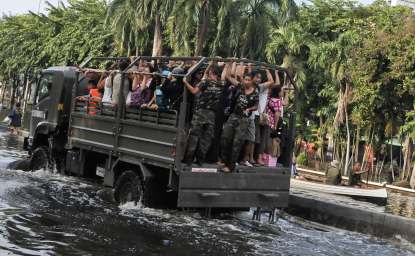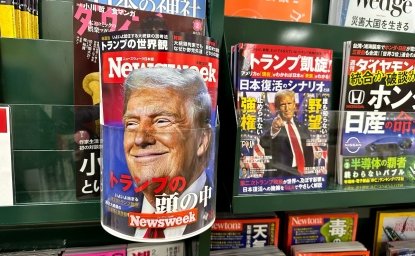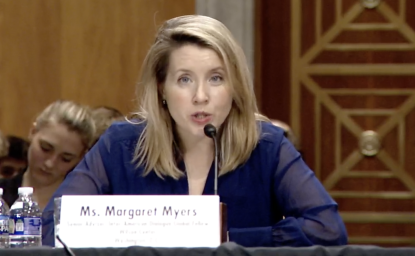Critical Challenge for the US | Coordination and Commitment with Allies and Partners in the Face of China’s Growing Military and Economic Threat to a Rules-Based Order
Many US allies and partners in Asia are autocracies, while others are struggling or backsliding democracies. Several, such as India and Vietnam, shy away from pressuring Russia, and many in South and Southeast Asia prefer to triangulate among great powers. The Biden administration’s 2023 National Security Strategy acknowledges that “many non-democracies join the world’s democracies in forswearing [revisionist] behaviors,” a rhetorical shift from its earlier “democracies versus autocracies” narrative to one that frames competition as between states in favor of the international order and revisionists. The United States increasingly recognizes it will have to balance strategic interests with concern for democracy and human rights in order to counter China.
Even among democratic allies and partners—such as Australia, Japan, South Korea, and Taiwan—there are continued tensions over democracy promotion and US economic policy. After the d’état in Myanmar, the Biden administration found itself more willing than regional allies and partners to punish the junta, as many prefer stability and engagement to prevent China from gaining influence. When Congress passed the Inflation Reduction Act, South Korea and Japan expressed concerns about US subsidies for “made in US” electric vehicles affecting the Korean and Japanese automobile industries, despite similar concerns over economic security against China. Perhaps most importantly, regional concerns about a lack of US commitment in the economic realm will continue to hamper US foreign policy if it cannot marshal enough dollars to assuage a region actively integrating and rule-setting, with or without the United States. If the United States is not making these investments, China will.

3 Things to Watch
A Web of Separate but Interconnected Economic Ecosystems in the Indo-Pacific
Reconciling growth and economic security is easier said than done. The Inflation Reduction Act’s subsidies for American companies address climate change but raise alarm among allies. As countries throughout the Indo-Pacific region rethink supply chains dependent upon China or at risk of disruption, there are growing economic and political costs associated with economic security.
The Biden administration’s restrictions on semiconductor exports to China mean that, while complete “decoupling” is unlikely, strategic sectors will become hived off and “friendshoring” of supply chains will accelerate. At the same time, liminal zones dependent upon both China and the United States will emerge in places like Southeast Asia. A complex but interdependent web of systems and orders with different rules and norms is likely to result.

Continued Regional Tensions and Crises
As seen in China’s response to House Speaker Nancy Pelosi’s August 2022 visit to Taiwan, great power competition is here to stay. In 2023, the United States will continue to shift resources, expand defense budgets, and enhance deterrence. Combined with Australia’s elevated focus on the Pacific Islands, India’s continued tensions with Pakistan and China, Japan’s announcement of an expanded defense budget, and South Korea’s shift toward the United States, security tensions between the United States and its allies and partners, and China, will likely increase.
Meanwhile, other regional crises continue to undermine stability. Afghanistan’s Taliban government poses a difficult challenge, particularly as the United States attempts to build out a policy that brings relief to struggling Afghans without running afoul of sanctions. North Korea is likely to further escalate tensions on the Korean Peninsula with missile and nuclear tests. The civil war in Myanmar will worsen and may spill over. All the while, the impacts of the war in Ukraine will continue to upend energy and food security throughout the Indo-Pacific.

Growing Prominence of Global South States and Regional Multilateralism
While “great powers” dominate foreign policy discussions, others are more and more active. India has emerged as an increasingly assertive voice, and New Delhi plans to use its G20 Presidency to demonstrate its ability to manage rising tensions. Like India, Indonesia has had a reputation of “punching below its weight,” but Jakarta availed itself of the 2022 G20 presidency and plans to use its 2023 chairmanship of the Association of Southeast Asian Nations (ASEAN) to demonstrate leadership. Significantly, both countries pushed back on efforts to sanction Russia, instead emphasizing their interests in energy and food security.
Rising states and emerging markets will also continue to embrace multilateralism. Although ASEAN struggles with several crises, the grouping continues to expand and remains central to regional diplomacy after a successful November “Summit Season.” In the Indian Ocean, the new I2U2 quadrilateral of India, Israel, the United Arab Emirates, and the United States signals actualization of India’s linkage of the Indian and Pacific oceans into one integrated strategic space. Smaller states will also continue to assert their agency and interests through multilateral institutions, as seen in the Pacific Forum’s efforts on climate change.
Contributors





Indo-Pacific Program
The Indo-Pacific Program promotes policy debate and intellectual discussions on US interests in the Asia-Pacific as well as political, economic, security, and social issues relating to the world’s most populous and economically dynamic region. Read more

Explore More
Browse Insights & Analysis
Myanmar’s Junta and the 2026 Elections: A Fig Leaf for Legitimacy?

Climate Change, Peace and Security: Discourse Versus Action in Asia


